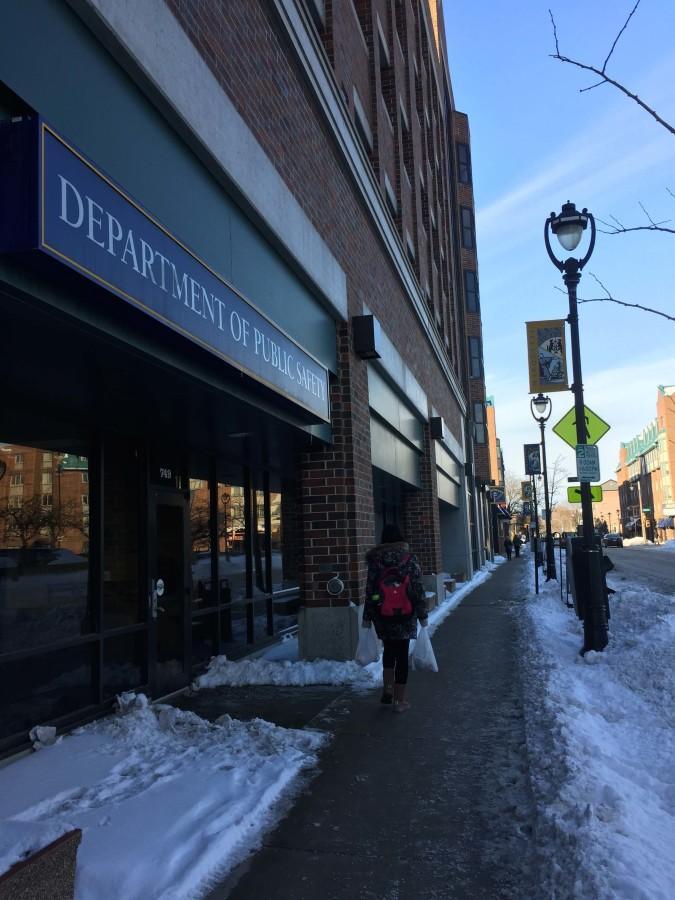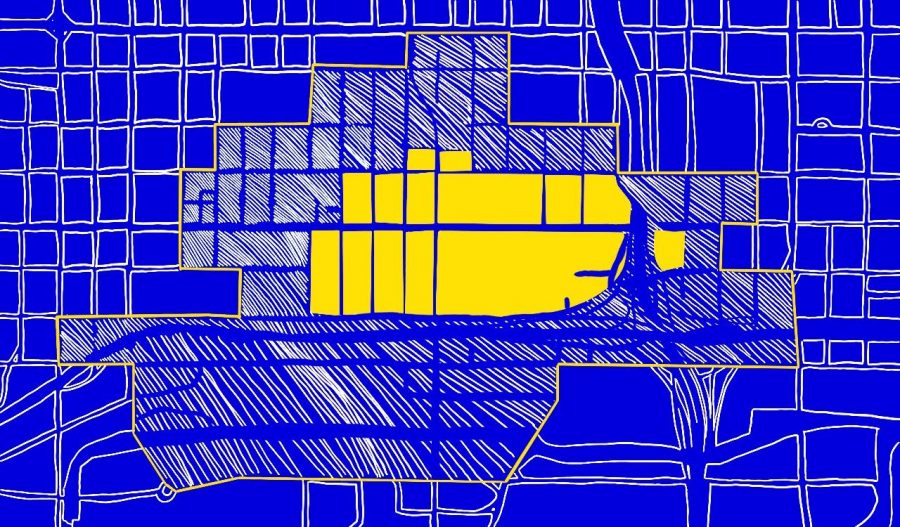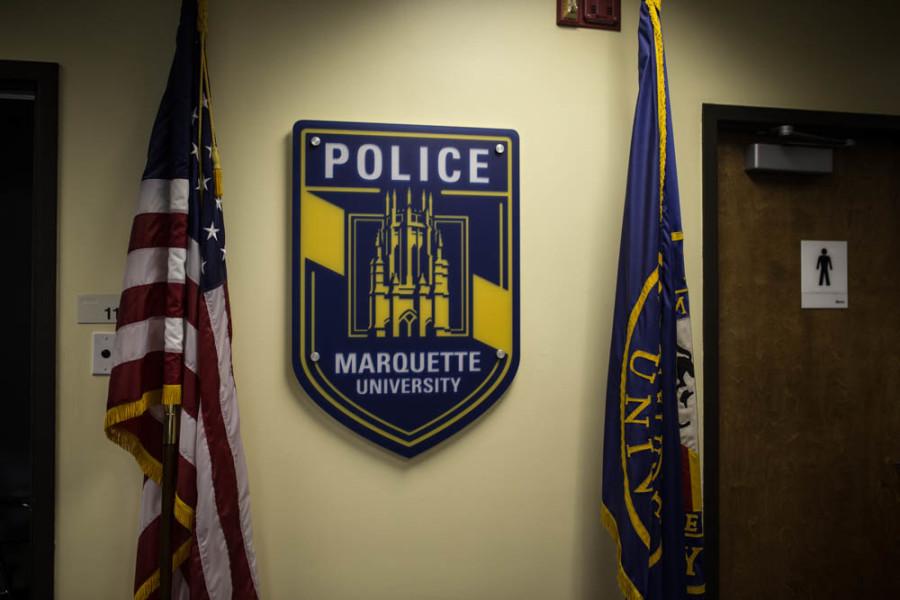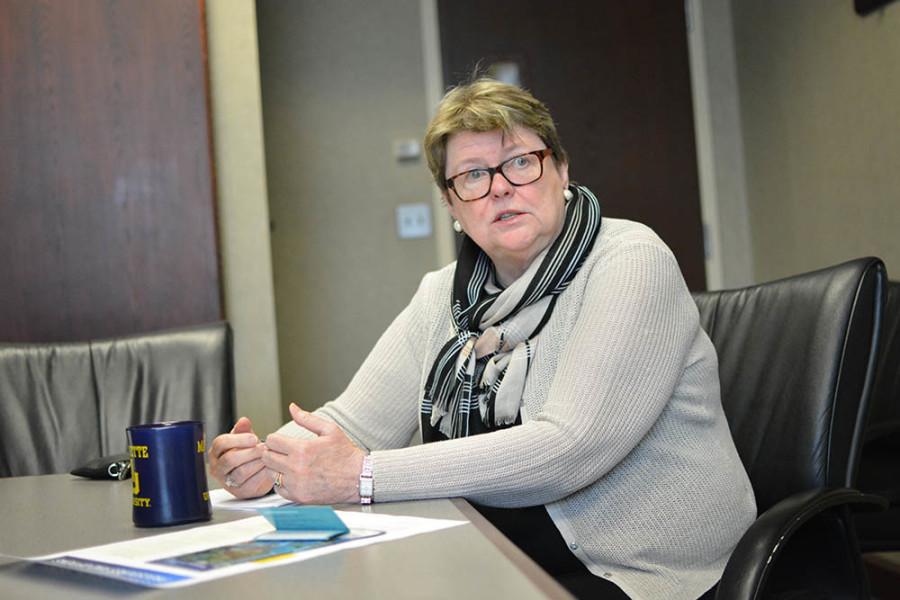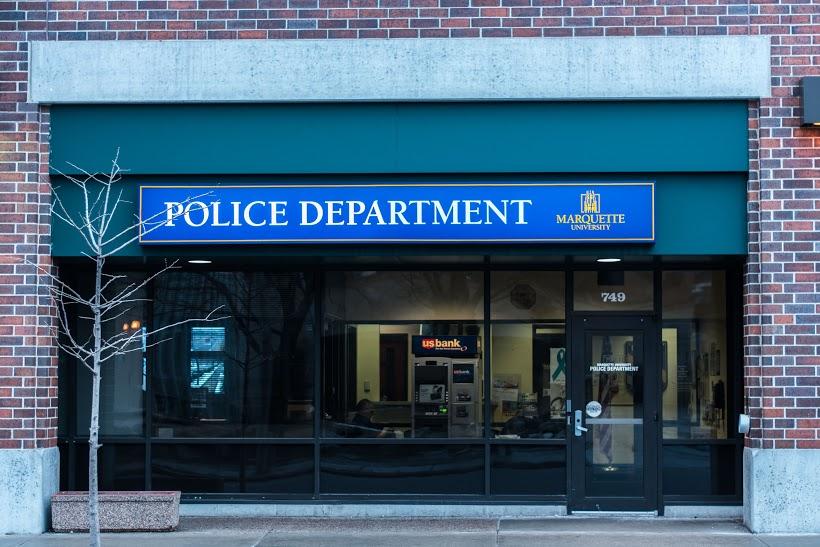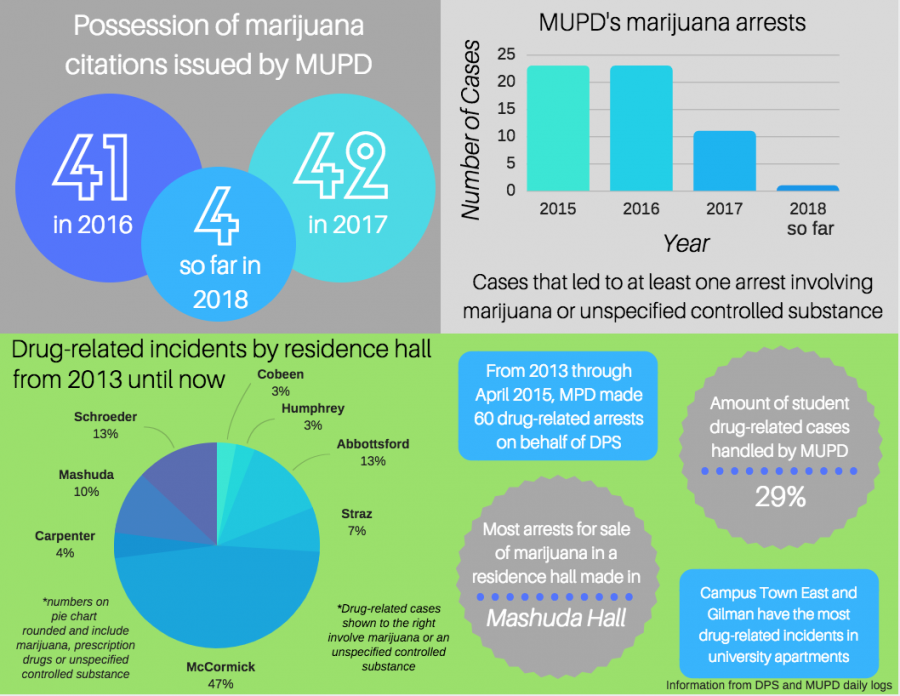The transition of the Department of Public Safety to a police force has begun and there are mixed student opinions on the situation.
Meetings between DPS, the Wisconsin Justice Department and the city of Milwaukee are taking place to iron out the transition details. The Justice Department oversees all law enforcement agencies across the state and will work closely with DPS throughout and beyond the transition.
University President Michael Lovell announced last Thursday that he accepted Mascari’s formal report to commission DPS as a police force. DPS Chief Paul Mascari echoed what Lovell said at the address that the transition will not happen overnight.
“I think it is premature to put a deadline on this as we have a lot of people to work with over the coming weeks and a lot to accomplish,” Mascari said.
Several officers currently employed by DPS are already eligible to be police officers. Those who are not certified officers will be required to go through a police academy. Wisconsin offers several academies statewide and DPS will pick one that works best with them, their program and their beliefs, according to Mascari.
“There won’t be any layoffs,” Mascari said. “It will be a period of transition because we can’t get all of our officers certified at once, but there will still be plenty to do with our safety programs.”
Student opinions about the new police force are tentative, but have some optimism and excitement for the future.
Jenna Larkins, a senior in the College of Business Administration, raised concerns regarding student safety employees. Mascari said student workers are a large and vital component of its safety programs and there will be no layoffs or lack of employment opportunities.
Kelsey Ribordy, a junior in the College of Nursing, said “it will make things so much more efficient to be able to call (the police force), who is right on campus, than calling the actual police force.”
On the other hand, Ribordy said she believes that more people may take advantage of the police force and call them for random people who are doing nothing wrong in the street.
Laurel Stofan, a junior in the College of Education, said her feeling of safety on campus won’t change, but she is worried about what may happen on campus.
“I think it is one thing to have campus security deal with a problem and then have MPD come in if it’s something more than they can handle,” Stofan said.
Mascari said he believes the biggest challenge of all will be showing the students that DPS’ mission has not changed.
“We are still going to provide the same level of service and we will be able to do it better and more efficiently, but I think that it will take time to do this,” Mascari said.
Mascari emphasized that in order to accomplish this goal, communication and transparency will be key.
Stofan echoed a concern, saying “I just hope the power doesn’t go to (the police force’s) heads and they just run around looking for problems.”
Larkins praised the added safety component of a police force.
“Like many of my peers, I live in a very unsafe neighborhood. I feel unsafe at times stepping outside of my door after dark. Having a police force on campus would be amazing for that,” Larkins said. “Anything Marquette can do to make campus more safe can be a good thing.”
The relationship between MPD and Marquette is expected to continue growing, according to Mascari.
“From the beginning, I have said that this is about efficiency, so we will work to find roles and responsibilities that fit,” Mascari said.
Mascari stressed that DPS wants to keep Marquette and the surrounding neighborhoods as safe as possible.
“We just need to show the community that we don’t have other ideas.”

